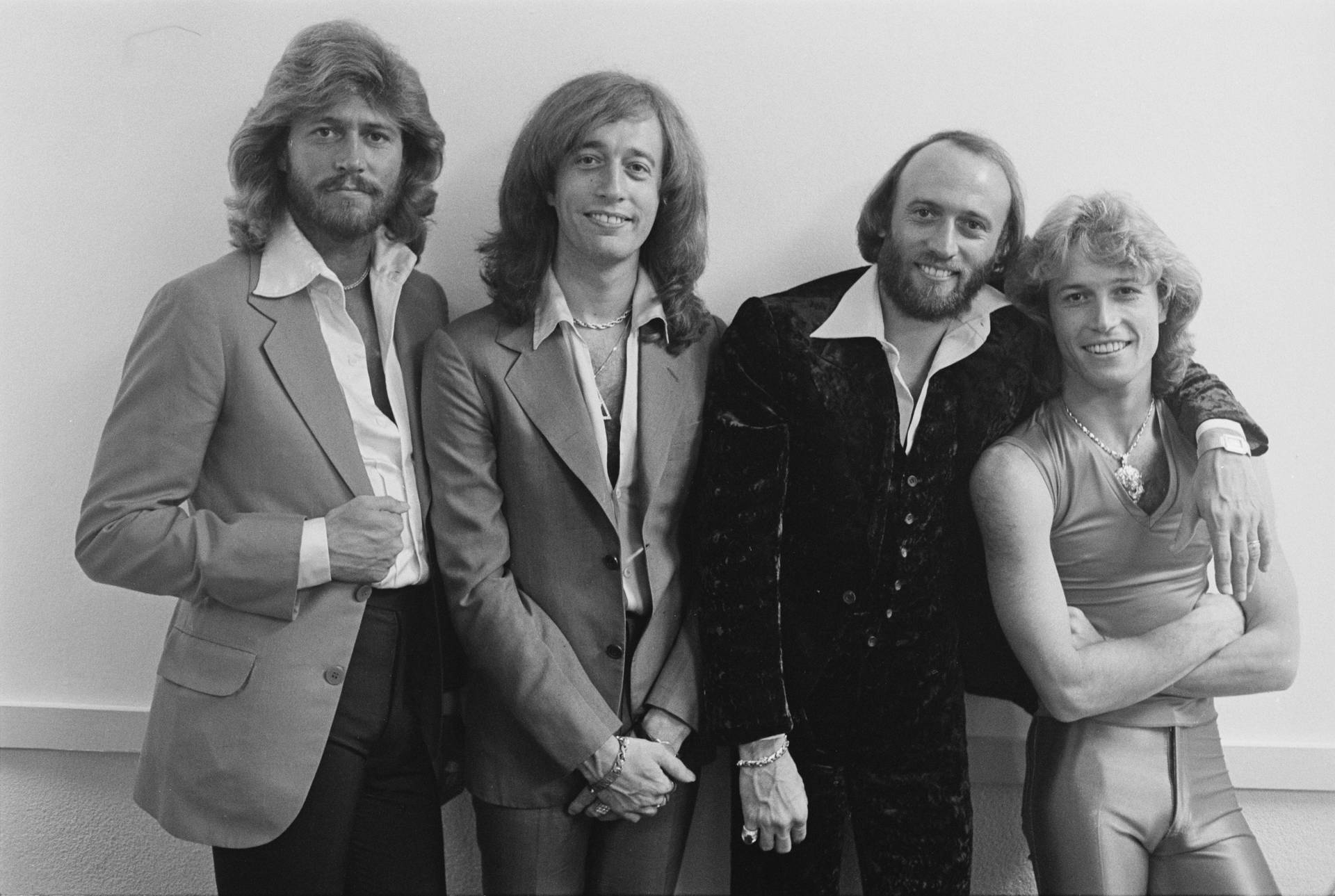
“Too Much Heaven” is what it sounds like when devotion becomes a vow—not loud, not showy, but so sincere it feels almost sacred.
In late 1978, when the world still associated the Bee Gees with the bright pulse of Saturday Night Fever, they did something quietly daring: they led with a ballad that floated instead of strutted. “Too Much Heaven” was released as a single on 24 October 1978, with “Rest Your Love on Me” as its B-side, and it would later sit on the 1979 album Spirits Having Flown—like a soft lamp turned on in the middle of a noisy decade.
The charts captured that slow-blooming magic in real time. In the United States, “Too Much Heaven” first entered the Billboard Hot 100 at No. 82 (debut chart date 10/28/78) before rising patiently to No. 1. It reached the summit on January 6, 1979, and stayed there for two weeks—a small span in calendar days, yet the kind of achievement that becomes part of pop’s permanent memory. In the UK, the single first appeared on the Official Singles Chart on 25/11/1978 at No. 26, then climbed quickly to a peak of No. 3 (week of 09/12/1978) during a 13-week run.
But “Too Much Heaven” wasn’t only a hit. It was also a gesture—almost a public act of conscience. In 1978, the Bee Gees held a press conference at the United Nations to announce that proceeds from their forthcoming record would be donated to UNICEF, in connection with the International Year of the Child (1979). The song became their contribution to the Music for UNICEF effort, and the wider story of that campaign would follow the record like a halo—proof that a love song could carry something beyond romance, something civic and tender at the same time.
The recording itself is as carefully made as a keepsake. Cut in July 1978 at Criteria Studios in Miami, the song was written by Barry Gibb, Robin Gibb, and Maurice Gibb, and produced by the band with Albhy Galuten and Karl Richardson. Its sound is unmistakably late-Bee Gees: that silken falsetto blend, the gentle insistence of the rhythm, and the feeling that the chorus doesn’t “arrive” so much as it opens, like curtains at dusk. Even the arrangement nods to an older grandeur—Albumism notes the presence of orchestral color and the audible touches of Chicago founders Lee Loughnane (flugelhorn) and Walt Parazaider (flute), details that help explain the track’s warm, breathing texture.
And then there’s the meaning—why it still holds people, decades later, when the dancefloor has long emptied and the radio has changed its clothes a hundred times.
“Too Much Heaven” is not love as excitement; it’s love as shelter. The lyric doesn’t bargain. It doesn’t posture. It simply says: I can’t live without you. In another singer’s hands, that line could be melodrama. In the Bee Gees’ hands—three brothers whose harmonies always sounded like family—it becomes something closer to a vow spoken quietly at the edge of sleep. You hear a tenderness that feels earned, as if the song already knows that the world can be fickle, that fame can be loud, that time can be cruel. So it chooses softness anyway.
There’s a poignant irony here too: a band accused, at the height of their success, of being “too much” of everything—too popular, too present, too unavoidable—making a song that argues the opposite. That some forms of abundance are not excess at all; they are grace. If disco was the Bee Gees’ public triumph, “Too Much Heaven” was their private truth: that their greatest power wasn’t the beat, but the way they could make longing sound gentle, dignified, almost luminous.
That is why this song remains one of their most enduring late-’70s statements. “Too Much Heaven” doesn’t chase youth; it comforts it. It doesn’t demand attention; it invites closeness. And every time that chorus rises—bright, weightless, unmistakably Bee Gees—it feels like opening an old photo album and finding, tucked inside, a reminder written in careful handwriting: love, when it’s real, is never too much.